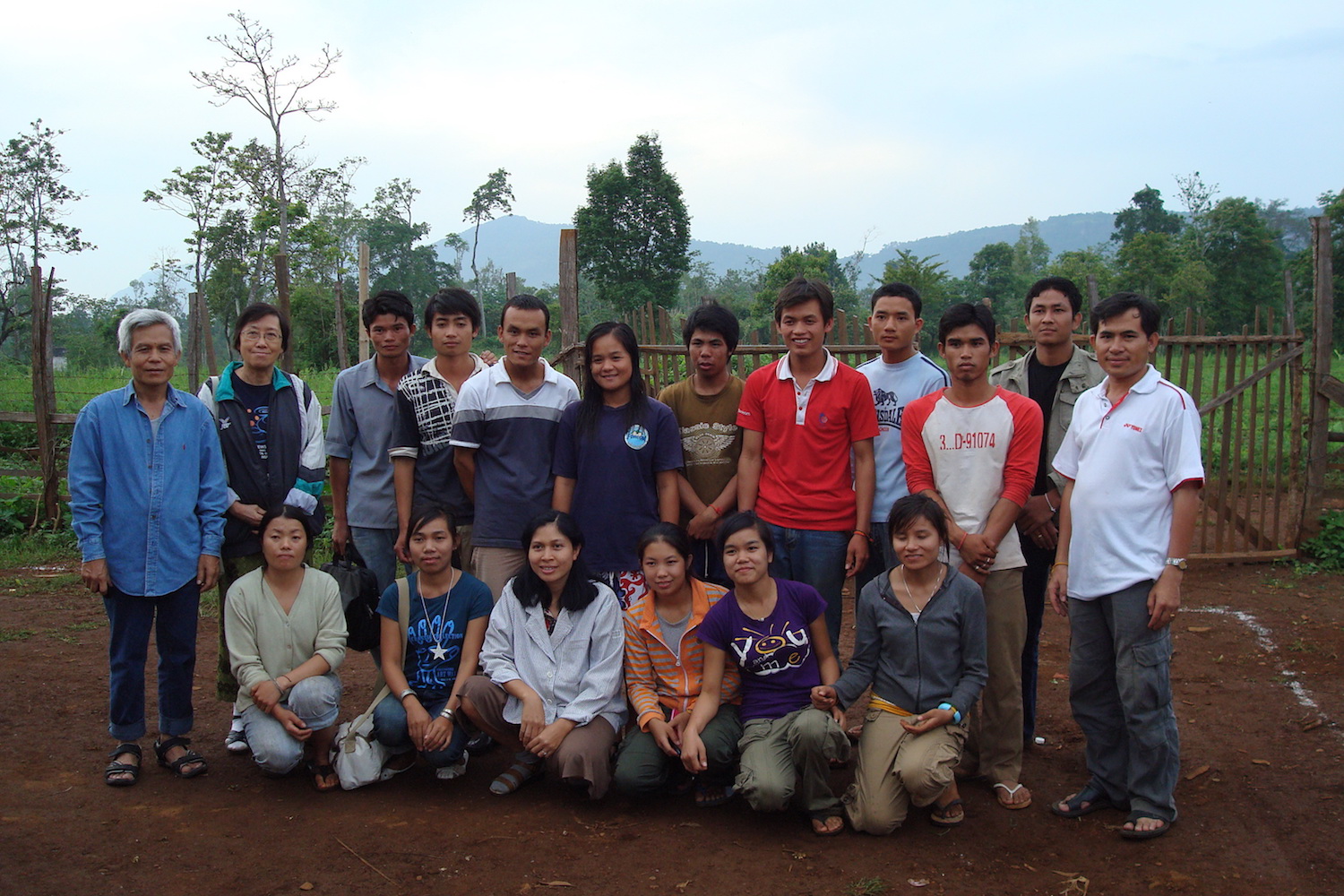Interaksyon: 05 July 2016

ULAAN BAATAR – Sombath Somphone, the missing development worker who won the Asian equivalent of the Nobel Prize, has been a focal point of the 11th Asia-Europe People’s Forum here.
The estimated 500 participants from the two continents and the host country Mongolia were asked by Somphone’s wife Shui Meng Ng to sign a petition asking the Lao government to surface him now.
Ng’s message, read by Evelyn Balais-Serrano of the Bangkok-based Forum Asia, also asked the Lao government to conclude its four-year investigation into what the international community, including the United Nations, the European Union, and the United States, has already dubbed as a case of enforced disappearance.
Her assumption that “AEPF was a safe, inclusive space for civil society engagement was misplaced” when Somphone disappeared right in front of a police outpost in the Lao capital of Vientiane in December 2012, Ng said.
Somphone, who won the Ramon Magsaysay award for community leadership in 2005, was part of the national organizing committee for AEPF9 held in Vientiane in October 2012.
Ng said she believes that her husband’s “high-profile” work for AEPF that time caused his disappearance.
Somphone’s wife said she hopes for two things: that the case of her husband’s disappearance will be resolved, and that Somphone’s “ideas and ideals” will be carried forward.
Somphone’s “development ideas were not based on theory, but on his work with monks, nuns, students, and communities…He did not talk down on people…He has inspired thousands whom he has taught practical life skills…He practiced participatory democracy,” Ng said.
The current development model is not wholistic or balanced, she said. It ignores the human, ecological, and spiritual dimensions, resulting in loss of our humanity and spirituality, and connection to community and nature.
Mongolia seeks to be center of connectivity between Asia, Europe: President
Just before Ng’s message was read to the delegates, President Tsakhiagiin Elbergorj of Mongolia welcomed the 250 international and 250 national delegates of AEPF11, and told them that citizens’ participation is important in his country in the middle of Asia and Europe.
“Mongolia is at the intersection of Asia and Europe. We are the connecting link between these two continents. We would like to be the center of connectivity between Asia and Europe. It was that way before when the capital was still Karakorum,” he said in his welcome remarks translated by an interpreter.
The president noted that ASEM is 20 years old this year. “It is very fitting that you are holding these meetings here…It will have its anniversary here in Mongolia,” he said.
AEPF, as well as ASEM, will review its achievements and plot out its work for the next decade.
The Mongolian president said that every country needs change and development, and that public organizations and non-government organizations play an important role in these.
“The government philosophy is to serve its own citizens. Our philosophy of development is participative,” the president of Mongolia said. “We need to strengthen and fortify these institutions.”
“In Mongolia, we can criticize and be accountable to each other. The media and the social media are free so that we can solve problems and collaborate,” he said. “You don’t have to whisper in Mongolia. Anyone can voice or express his or her opinions.”
AEPF is the civil society forum that normally coincides with the Asia-Europe Meeting (ASEM) of government heads of states and held every other October. A non-binding grouping, ASEM brings together 51 leaders from the two continents, with alternate hosting for Asia and Europe.
This year’s ASEM will be held a week after AEPF this July, as decided by the host country. Veronica Uy, InterAksyon.com


Many of us who have worked in Laos and who have been professionals with international organizations responsible for carrying out development programmes on behalf of countries that donate funds for schools, health and infrastructure programmes in countries like Laos have followed the ongoing effort of Shui Meng and others to bring back Sombath.
Among his peers and government officials who know him, Sombath represents the best of the professional development community. He always worked for the good of the people.
It is long overdue to bring back Sombath.
Anne Dykstra, PhD